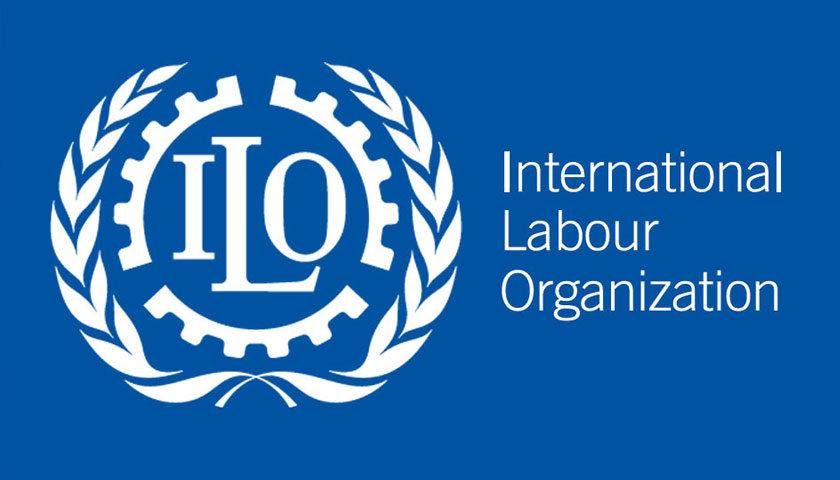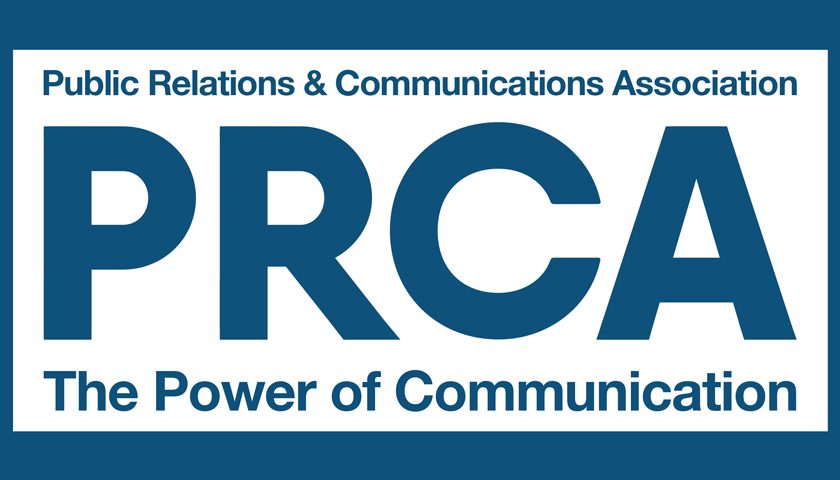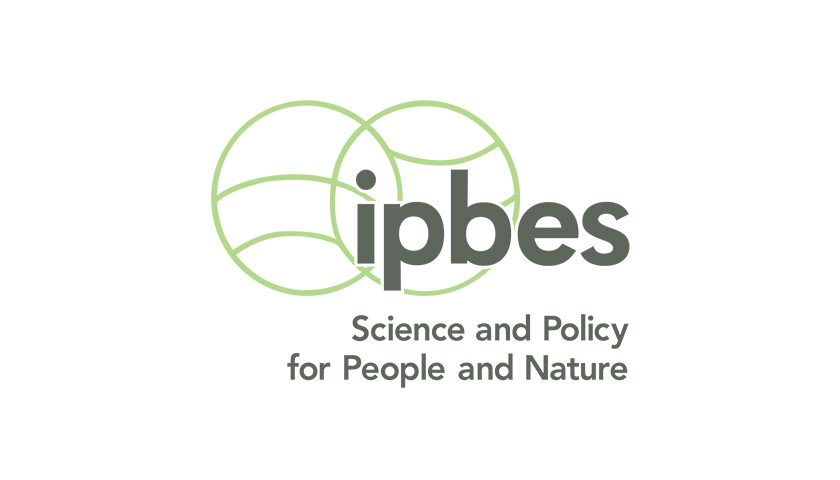Experts from governments and employers’ and workers’ organizations meeting at the International Labour Organization (ILO) have adopted guidelines for handling biological hazards in the working environment.
The adopted tripartite guidelines are the first for this type of risk. They provide specific advice, aligned with international labour standards, on preventing and controlling work-related injuries, diseases, and deaths related to exposure to biological hazards in the working environment. This includes questions related to the responsibilities and rights of competent authorities, employers, occupational health services and workers, workplace risk management, workers’ health surveillance, and preparedness and response to emergencies.
The five-day meeting , which took place in Geneva from 20 to 24 June 2022, discussed the implications of exposure to biological hazards in workplaces and how best to formulate national and workplace policies and measures to prevent and mitigate related health issues.
The guidelines define a biological hazard as any micro-organism, cell or other organic material that may be of plant, animal, or human origin, including any which have been genetically modified, and which can cause harm to human health. This may include, but is not limited to, bacteria, viruses, parasites, fungi, prions, DNA materials, bodily fluids, and other microorganisms and their associated allergens and toxins.
Both infectious and non-infectious biological hazards can be a significant health threat in numerous sectors and workplaces worldwide. For example, communicable diseases alone are estimated to have caused 310,000 work-related deaths worldwide in 2021, 120,000 of which were due to COVID-19.
The creation of the guidelines follows a decision at the 331st Governing Body session , in 2017, acting on a suggestion of the Standards Review Mechanism Tripartite Working Group . The decision to hold the experts’ meeting was made at the 343rd Governing Body session , in May 2022.
The 112th and 113th sessions of the International Labour Conference, in 2024 and 2025, are expected to discuss a new standard covering biological hazards, as part of the review of the ILO’s occupational safety and health normative framework.



